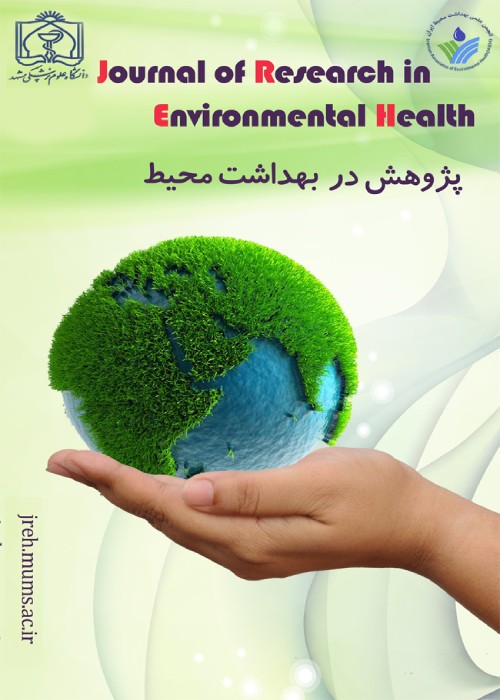Co-composting of wastewater treatment sludge and various types of organic wastes, a strategy to reduce pollution: a review study
Due to the adverse effects of sewage sludge and environmental problems of organic waste, today, composting is proposed as a new method for the reuse of sludge to safely dispose of sludge and organic waste. The purpose of this study was to review the co-composting of wastewater treatment plant sludge and various organic wastes, as a strategy to reduce environmental and agricultural pollution.
In the present study, articles from Scopus, Springer, Web of Science, and PubMed databases in English, and google scholar in Persian, were searched and parameters such as pH, carbon to nitrogen ratio, moisture content, and process time were studied. The keywords included "co-compost", "wastewater treatment sludge", "organic wastes", "environmental pollution", "agricultural", and "agriculture".
From 2011 to 2020, 14 articles were found with the mentioned keywords. However, 24 items that did not have the keywords “wastewater treatment sludge”, as well as five books and six items related to wastewater, were excluded from the study. To improve the composting process, we can increase the quality of the product by reducing the size of the raw material and using bulking materials to reduce the processing time, as well as measuring and controlling the pH, carbon to nitrogen ratio, and daily moisture content.
In most previous studies, bulking agents and particle size reduction were used to increase compost aeration and reduce the processing time. The most important parameter influencing the co-composting process was the adjustment of pH and temperature. The composting process, with reducing environmental adverse effects of the sludge produced by the treatment plant and organic waste, as an environmentally friendly process, increases the health and well-being of the community.
- حق عضویت دریافتی صرف حمایت از نشریات عضو و نگهداری، تکمیل و توسعه مگیران میشود.
- پرداخت حق اشتراک و دانلود مقالات اجازه بازنشر آن در سایر رسانههای چاپی و دیجیتال را به کاربر نمیدهد.


